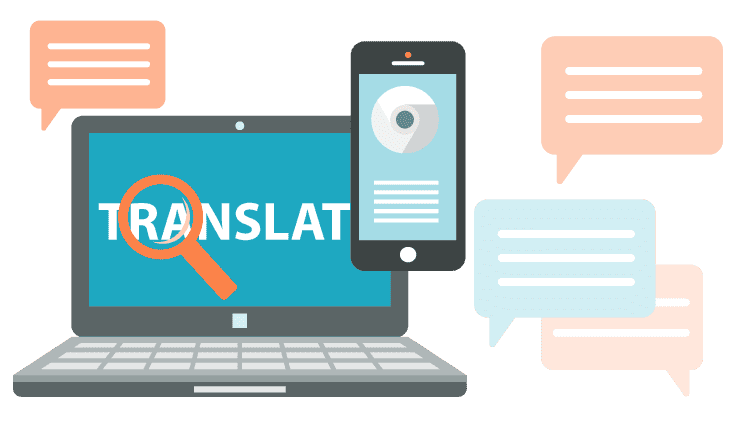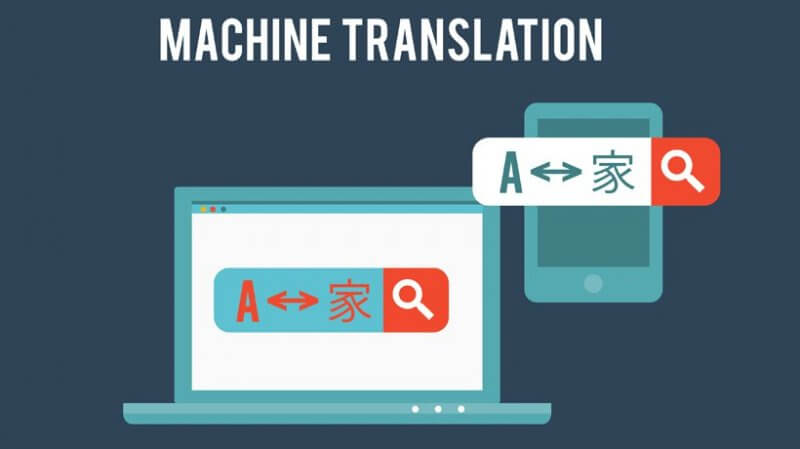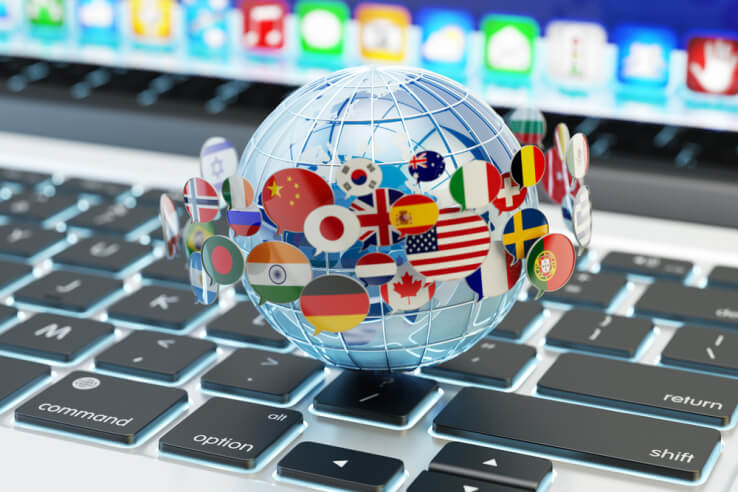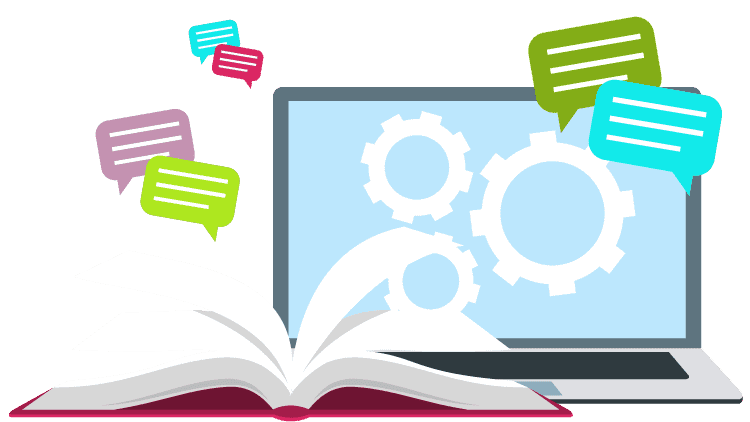From 9 November to 11 November 11, we are delighted to attend a wonderful conference in London called Language Expo, with over 11 exhibitors, dozens of talks and workshops for language lovers.
One of my favorite conversations is called “Translators in the digital age – what do we do in ten years?” Of course, the topic of machine translation and artificial intelligence also contributes to the common question of whether machines will replace human translators?
First, what can machines actually do?
Machine translation (Google Translate) has attracted attention for its results. Especially since moving from rule-based and phrase-based engines (where we found statistical-based machine translation) to neural machine translation (NMT).
As NMT improves and the need for immediacy increases, machine translation becomes more useful. Moreover, they help speed up the entire translation process.
However, claims that NMT will soon replace translators are certainly false because the technology is based on encoding and decoding source sentences. In other words, it all depends on algorithms and probabilities, but machines work with words, not languages, called machine translation!
If you want to see more details on how each type of machine translation works, check out this link.
No machine can understand language
Language is a conventional system of limited symbols from which an unlimited number of sentences can be constructed, thus intended only for humans. Researchers from Durham University explain that the unique expressive power of human language requires humans to generate and use signals dynamically.
This was made possible only by the evolution of special psychological abilities, and therefore language is unique to man.
Thus, machines will never be able to translate as well as humans, because they encode and decode isolated symbols and work with syntax, not meaning. They ignore the fundamental aspects of what makes up a language: context, assumptions, rationality, etc.
So can machines replace translators?
That is possible when translation includes a lot of simple, repetitive language and standard terms. We will see a shift from computer-aided machine translation to human-assisted machine translation in many areas of the industry, but will always require human touch.
Also, some types of translation will always require a human to do them! Think of those high quality texts that are paramount, or those that are sensitive. Whether the documents involve confidential information if errors occur can be life-threatening.
Furthermore, certain areas of the translation industry, such as creative translation, literary translation, multimedia document translation, will be largely human-led because it requires creativity and talent. invent! Who would love a translation of a poem word by word done by a robot? Or a machine-translated marketing slogan that doesn't identify the pun?
However, we want to end this post with a positive thought: machines and humans can do wonders when working together. For example, do you know a great automatic transcription to get through the writer block? We thought it was a crazy idea but it really makes sense! Read more about it here.
- Shared posts translation experience Most read:
- Standard Estimate Time To Complete A Translation
- 03 Tips and How to Execute Projects for New Customers
- Selecting Translation Languages for Websites

Nguyen Trung Khang - Talented interpreter and translator, passionate about translation
Nguyen Trung Khang is a talented interpreter and translator, with many years of experience in the field of translation and linguistics. He graduated from Ho Chi Minh City University of Education, majoring in Linguistics in 2015.
After graduating, Mr. Khang participated in a professional interpretation and interpretation training course at the University of Foreign Languages - Hanoi National University. He achieved a high-level certificate in interpreting and interpreting, and was also awarded a master's degree in linguistics.



